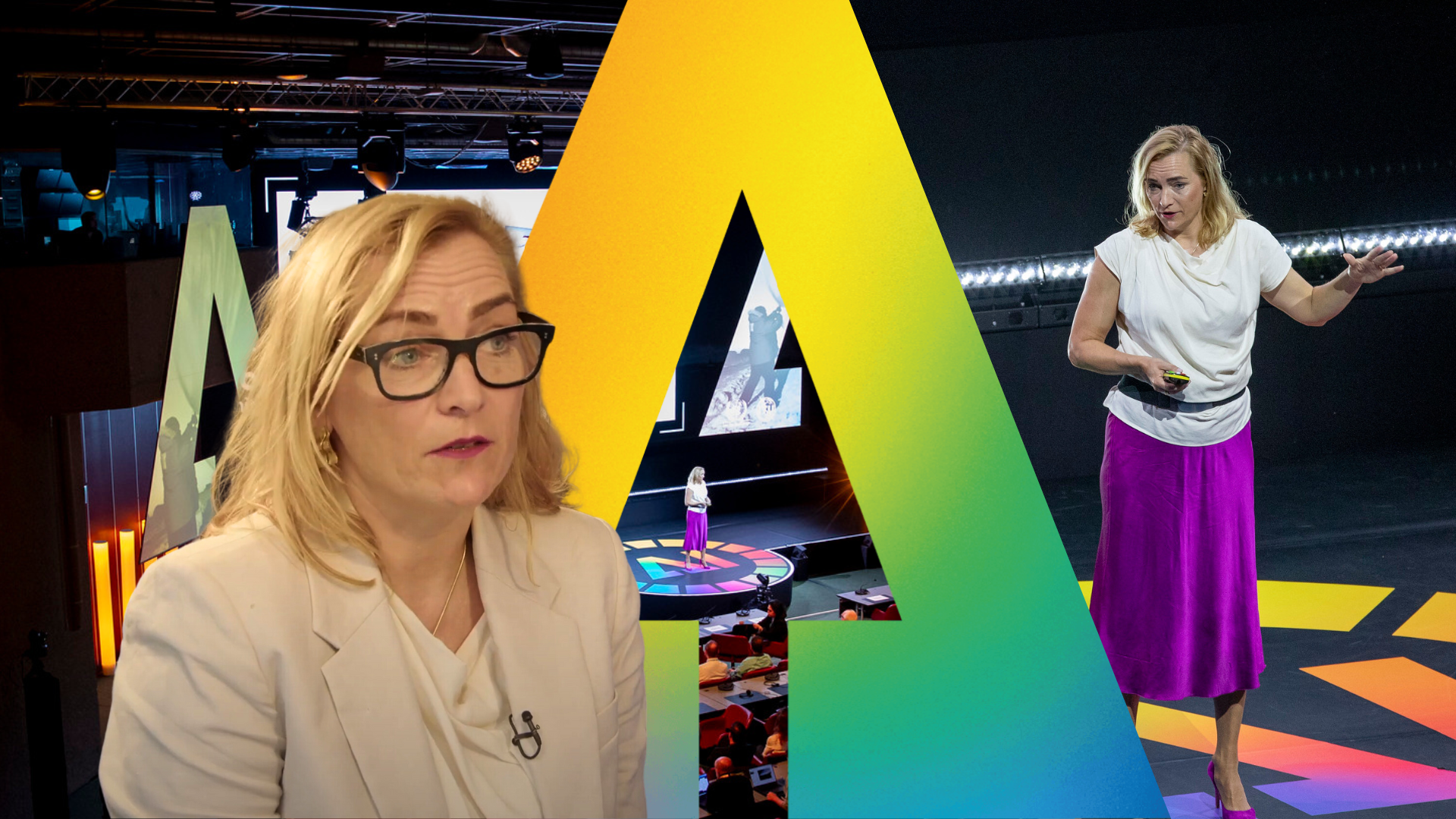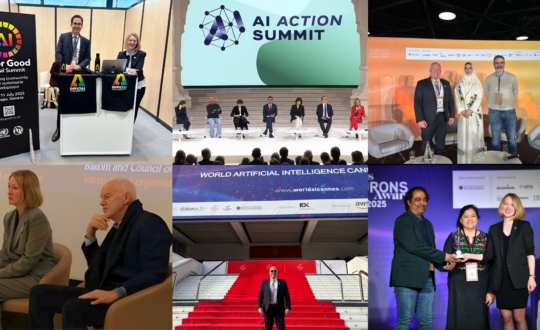The AI for Good Global Summit 2024, held in Geneva, brought together leaders and innovators from various sectors to discuss the transformative potential of artificial intelligence (AI) in achieving the SDGs. Among the distinguished speakers was Anna Koivuniemi, head of the Google DeepMind. Koivuniemi noted an increase in AI use cases addressing the SDGs. She also stressed the importance of ensuring equitable access to AI technologies and data.
“We need to continue to address the gaps of getting people access to [da]ata and the right capabilities,” she emphasized.
Koivuniemi highlighted three key projects how AI is being used to tackle climate change: GraphCast, an AI-based model that predicts weather patterns up to 10 days in advance; Optimal Power Flow (OPF), which integrates renewable energy into the grid and adjusts grid predictions to accommodate future electrification; and AlphaFold, a scientific method using AI to advance biological research by, for example, developing enzymes that can break down plastics.
“AI in climate is a big opportunity,” Koivuniemi said. Research suggests that AI could potentially reduce CO2 emissions by 5 to 10%.
Koivuniemi acknowledged the risks associated with AI, particularly the potential for increasing inequalities through biased algorithms.
At Google DeepMind, practices are in place to ensure responsible AI development.
Additionally, Google DeepMind conducts research on the long-term implications of AI, such as potential risks associated with large language models (LLMs) and AI agents. Ensuring that diverse perspectives are included in the development process can help create more equitable and effective AI solutions.
To foster a broader understanding of AI, Google DeepMind is also focused on promoting AI literacy. Koivuniemi highlighted the “Experience AI” initiative, which includes a course for teachers of children aged 11 to 14, designed to explain what AI is and its benefits. By educating young people about AI, Google DeepMind aims to demystify the technology and prepare the next generation to navigate and leverage AI in their future careers
When asked about the positive aspects of AI, Koivuniemi expressed her excitement about AlphaFold’s impact on structural biology. The latest version of AlphaFold has 1.8 million users and has significantly accelerated the work of scientists who can now accomplish in seconds what used to take years. This democratization of access to advanced scientific tools is a testament to AI’s potential to drive progress and make scientific research more accessible to researchers worldwide.
Reflecting on the broader implications of AI, Koivuniemi underscored the importance of maintaining ethical standards and promoting transparency in AI development. She advocated for more robust conversations about the long-term implications of AI technologies. Koivuniemi noted that Google DeepMind’s ongoing research into AI’s potential risks and benefits is crucial for ensuring that these technologies are deployed safely and responsibly. This proactive approach includes studying the persuasive power of AI, its potential to influence human behaviour, and developing guidelines to prevent misuse.
As the summit continues to evolve, Koivuniemi envisions even more in-depth discussions on the ethical and safety aspects of AI. She advocates for including more practitioners in these conversations to ensure a comprehensive approach to AI development.
“We need to jointly discuss how to advance that,” she concluded, stressing the importance of collaboration in creating AI technologies that benefit everyone.


 Register here
Register here














